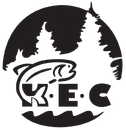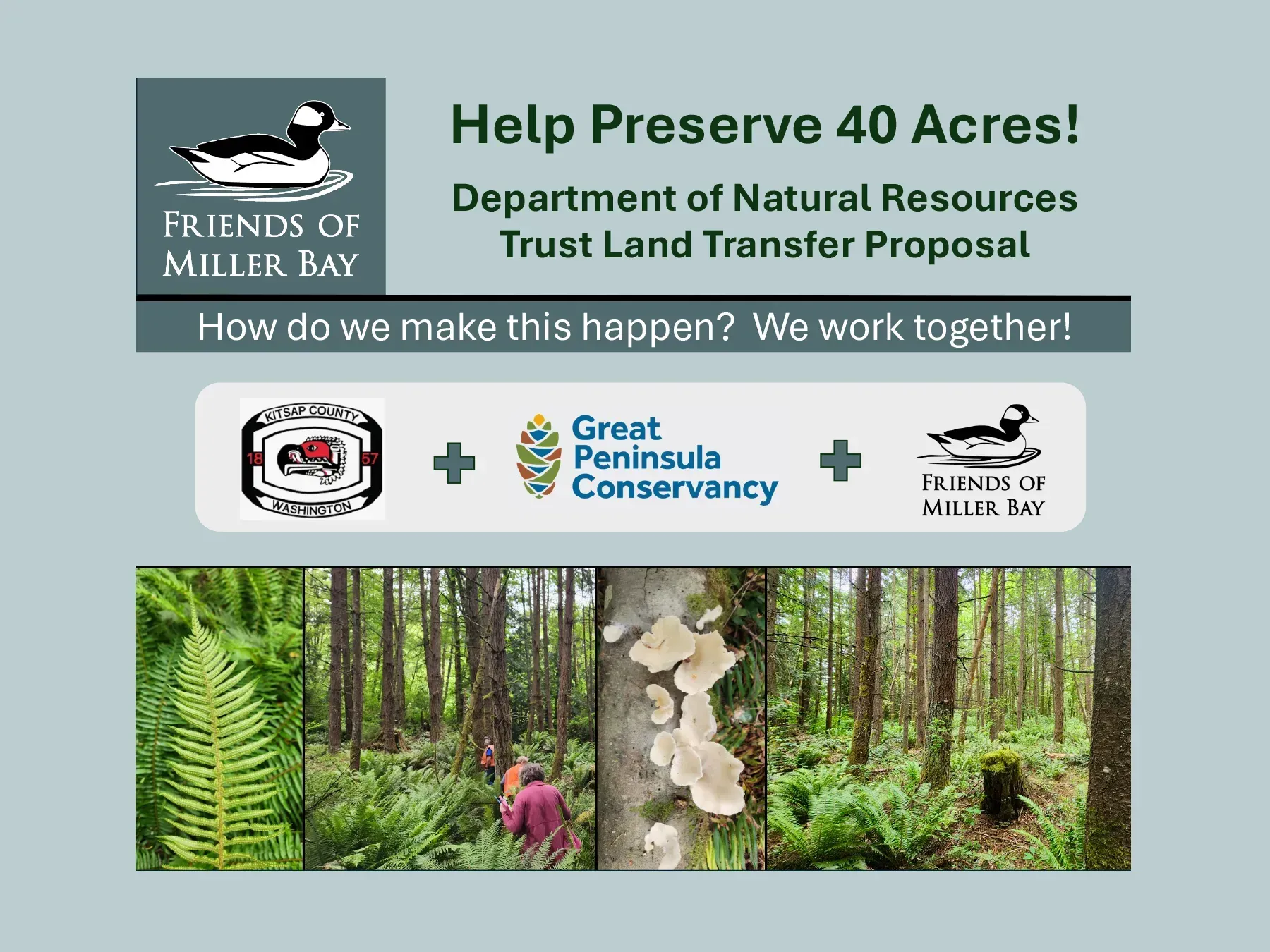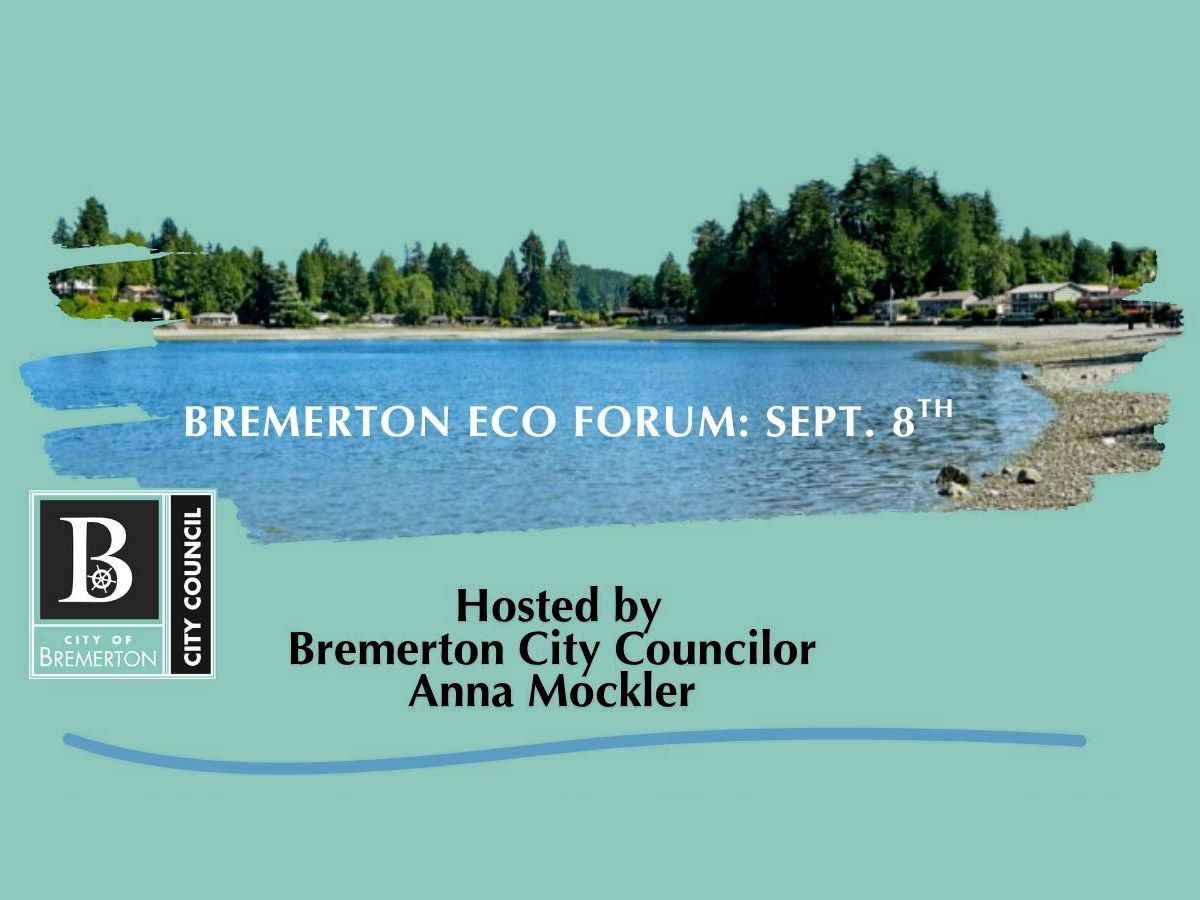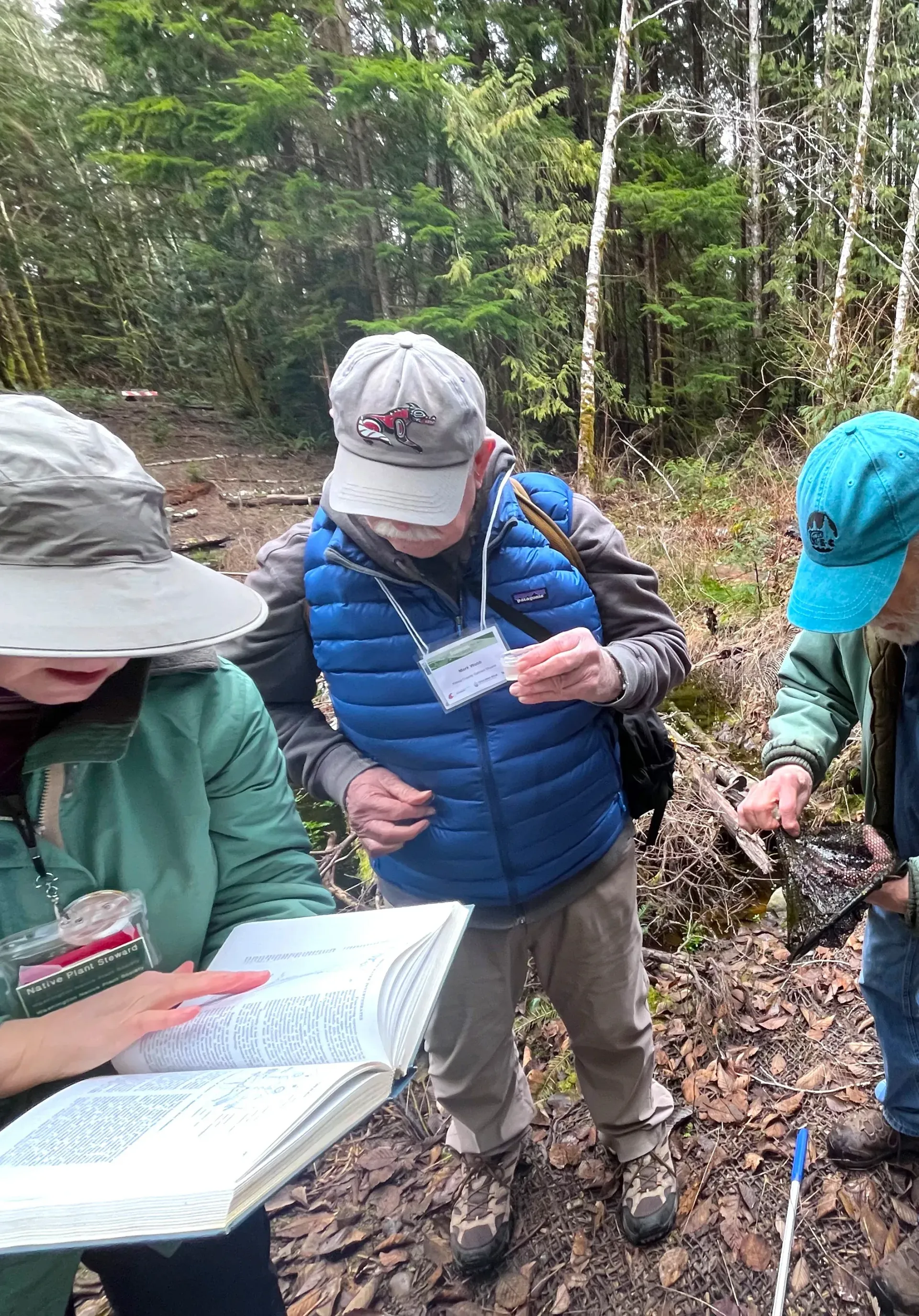Kitsap Environmental Coalition
Working to
Keep Kitsap GREEN
through education and advocacy
Latest News and Events
Stay informed about the latest environmental news, updates, and initiatives affecting Kitsap County and beyond.
Mission
Kitsap Environmental Coalition works to Keep Kitsap Green through education and advocacy.
We champion the protection and restoration of the Kitsap County interconnected environment for the health and well-being of all life. Our environment should include clean air and water, productive soils, biodiverse and healthy habitats, wildlife corridors, and a balance of natural, rural, and urban spaces.
Join us
Follow
On Facebook, and spread the word.
Follow us on social media to hear what we're up to between newsletters!
Subscribe
Join Our Growing Community!
Be the first to hear about news, events, and ways to get involved.
Become a Member
Support What Matters.
Your membership powers our mission—and gives you insider access to events, updates, and more.
Volunteer
Ready to Make a Difference? Volunteer With Us.
Send us an email sharing your interests and strengths—we’ll help you find the perfect way to contribute to a greener Kitsap.
Support/Donate
Together, We
Keep Kitsap GREEN.
Every gift—large or small—strengthens our mission to protect the places we all call home.




